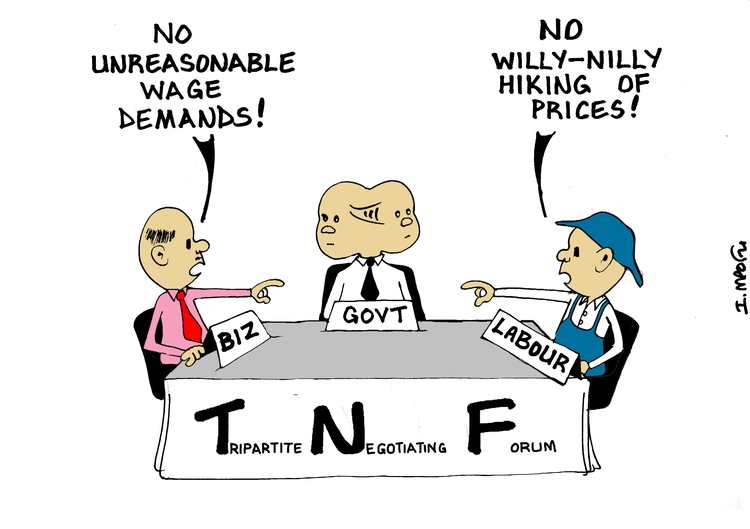Focus on drought-resistant crop varieties, farmers urged
Midlands Reporter
Farmers in the Midlands Province have been urged to focus on early maturity drought-resistant crop varieties and small grains to improve their yields as the country prepares for erratic rainfall in the 2018/ 2019 summer cropping season.
In an interview, a Gweru-based agronomist Ms Celina Sakupwanya said farmers in the province using dry-land farming should focus on early maturity drought-resistant crop varieties and small grains after the Meteorological Services Department (MSD) reported that the country is likely to receive below to normal rains during the 2018/ 2019 summer cropping season.
“Farmers who are using dry-land farming should now focus on early maturity drought-resistant crop varieties which are there on the market,” she said. “This will increase the farmers’ chances of yielding in an erratic rainfall season.
“The Meteorological Services Department has reported that Zimbabwe is expected to receive normal to below normal rains throughout the 2018/ 2019 summer cropping season, with the season pointing towards an El Nino phase, which leaves the country with less than 40 percent chance of good rains.
“Farmers now need to adapt and to alleviate effects of climate change. This season, we want to ensure our farmers work closely with their extension workers and input suppliers so that they buy the appropriate type of seed which can withstand drought spell.”
Ms Sakupwanya encouraged farmers to begin implementing irrigation development on their farms or plots and to plant small grains, which she said were able to adapt to the dry season conditions.
“I urge farmers who are able to begin to implement irrigation development on their farms and to try to plant small grains which are drought-resistant compared to other varieties,” she said.
“This will help in maintaining their yield targets even if there is low rainfall expected.”
Zimbabwe faces another climate change-induced drought since the 2015-2016 season, amid revelations by MSD that the 2018-2019 rainfall season points to an El Nino effect.
El Nino is the warming of ocean currents off the South American coast around December and causes below normal rainfall patterns and above normal temperatures in specific areas around the world.
The phenomenon, when it comes to southern Africa, often hits hard by bringing either drought or flooding as it normally results in either too little rainfall, leading to drought, or too much of it, leading to floods.





Comments